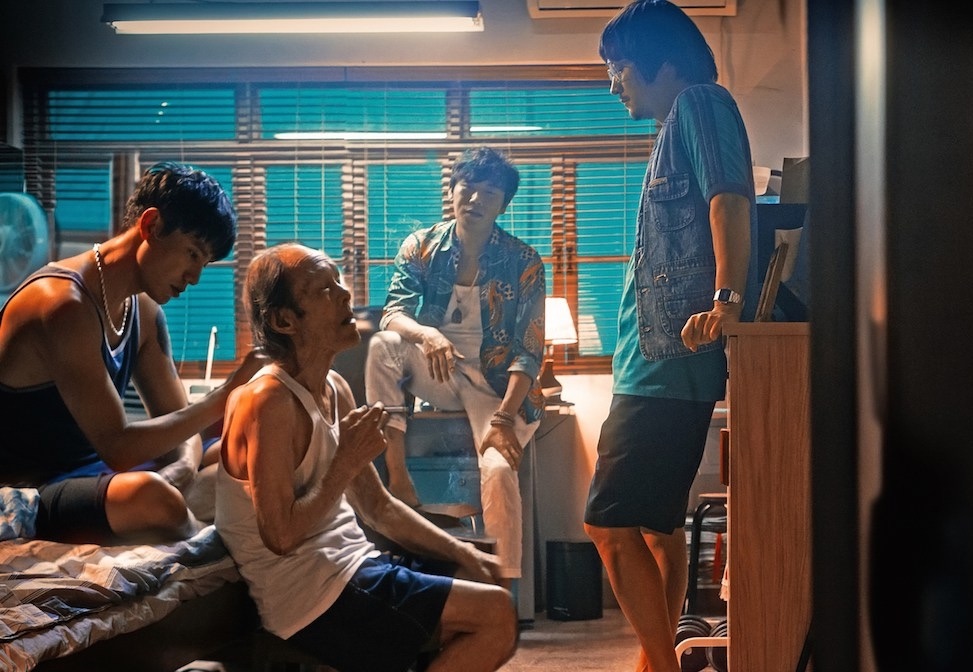
ChongQing Hot Pot marks beginning of the golden age of Chinese cinema. The film’s Chinese title is more aptly translated as “Hot Pot Heroes.” Why I say the golden age is because ChongQing Hot Pot is the first Chinese movie that I’ve found to be entertaining, culturally meaningful, well-made, commercial and have universal/international appeal, rising above the polarizing mass of either successful but badly-made commercial films and well-made but obtuse and uncommercial art films.
https://youtu.be/UIK2bq14ueo
Because of having to pass the Chinese censors, a necessary pain both a blessing and a curse, any Chinese filmmaker who wants to say something with his/her film is forced to negotiate his/her film in both storytelling and ideology. In other words, any commercially released films with anything to say are forced to be ideological and thoughtful. It’s a feat that a filmmaker can produce a commercial film that passes Chinese censorship, be successful at the box office, and says what it wants to say.
I feel ChongQing Hot Pot is the prime example of a commercial Chinese film both meaningful and well-made that filmmakers who want to make Chinese films can learn from. The storytelling is compelling and intelligent. Visually the film is a feast and photographs ChongQing beautifully. An example would be that the smog has never appeared so romantically and real in the backdrop of a scene between the leading man and lady. The film grossed 3.7 billion RMB (approx.. USD$57 million) in China and also did USD$732K stateside despite China Lion’s theatrical non-release with zero P&A.
As a filmmaker watching ChongQing Hot Pot, I kept wondering how they would pull off a cool and compelling heist movie with the challenging restrictions of Chinese censorship. Well, they did. And the film also reflects Chinese life and the Chinese dream realistically, more so than Jia Zhangke’s last movie.
Applause. Chinese cinema has come a long way indeed.

